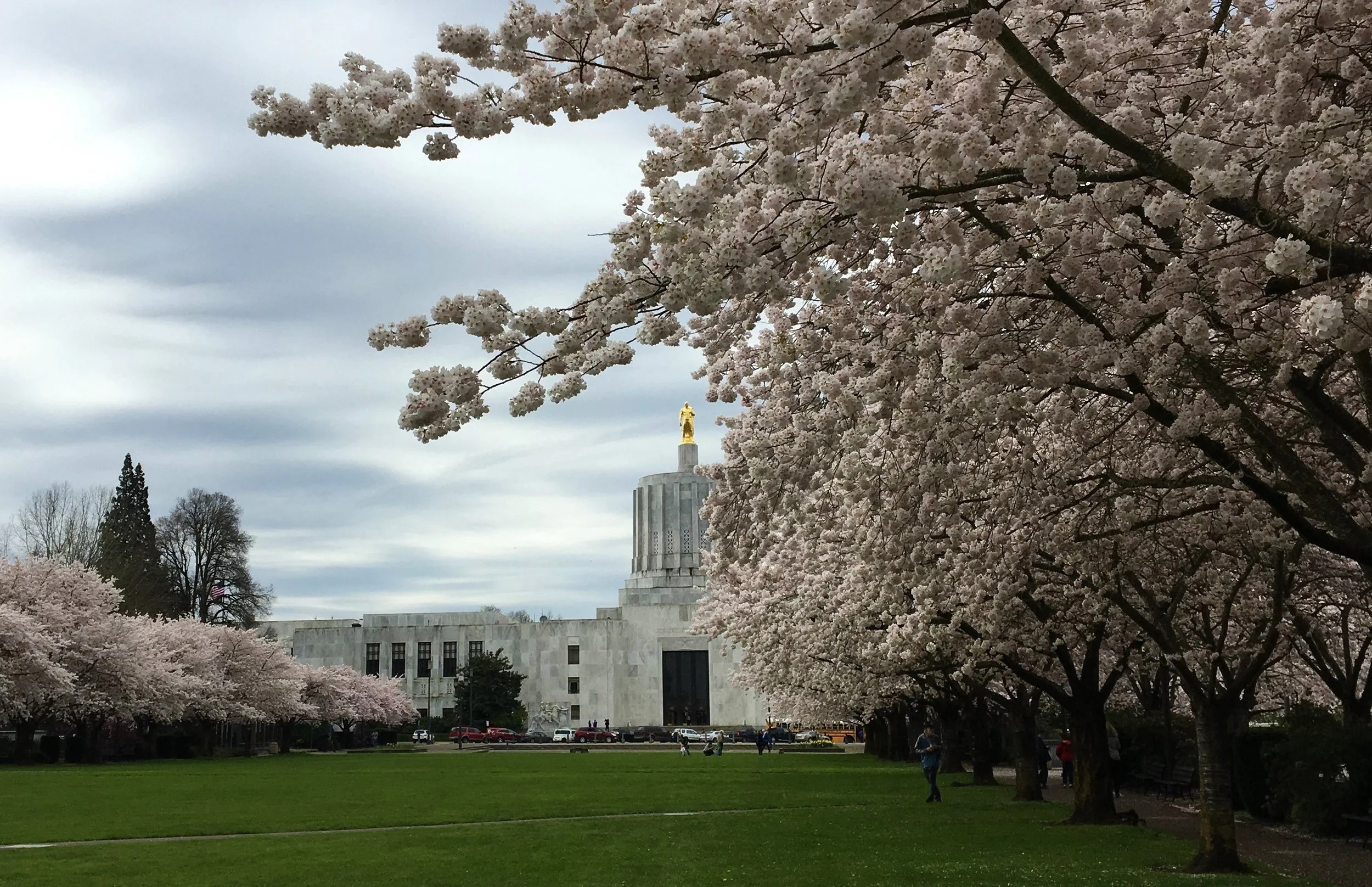After several years of work, the Oregon Global Warming Commission published a new Oregon Climate Action Roadmap to 2030, which includes extensive recommendations to inform state climate action.
Oregon Global Warming Commission Proposes New State Goals for Carbon Sequestration
In a newly-published proposal, the Oregon Global Warming Commission is calling for Oregon to invest in actions that will increase the carbon that is captured and stored in the state’s natural and working lands. The proposal was developed in response to Governor Brown’s climate change Executive Order 20-04, and calls for capturing and storing – or sequestering – an additional 5 million metric tons of carbon dioxide equivalent (MMTCO2e) by 2030, and an additional 9.5 MMTCO2e per year by 2050.
Oregon Global Warming Commission’s Biennial Report to the Legislature Shows Oregon Not on Track to Meet Greenhouse Gas Reduction Goals
COVID-19 and Climate Change
Radical Energy Efficiency Descends on Eugene
Climate Change and Inequality
The last time carbon in our atmosphere routinely exceeded 400 ppm was three million years ago. At that time temperatures were 3.6 to 5.4 degrees warmer, and the ocean levels were 15 to 25 meters higher. Imagine if, instead of being above 80 degrees the last week in July, we were well above 90 degrees, and in August if we exceeded 100 degrees for weeks on end.
Oregon Global Warming Commission Reports Highlight Oregon’s Climate Change Challenges
The Oregon Global Warming Commission published two reports this month – its 2018 Biennial Report to the Legislature and its Forest Carbon Accounting Project Report.
Climate Change Hits Home
Last fall, as we watched in horror as wildfires ravaged Northern California, we were reminded of our own state’s “summer of smoke.” Oregon is fortunate to have been spared the tragic loss of life and property associated with wildfires that our neighbors to the south have seen. But the wildfire smoke ...
2018 Pacific Northwest Snowpack Off to a Slow Start
To all you ski, snowboard, and snowshoe lovers out there in Oregon, we bet you remember 2015’s winter snow drought. It reminded us that all precipitation isn’t necessarily created equal – for our region, rain does not make up for low mountain snowpack. And it’s not just an issue for winter recreation...
Climate Science and Response: What’s the Role for Politics?
It wasn’t so long ago that Democrats and Republicans could stipulate to the facts, then agree to argue cordially on remedies. On any given issue, Ds might be disposed to a regulatory fix while Rs would more readily defer to market dynamics to sort out an issue. But there was an underlying agreement on fundamentals...











